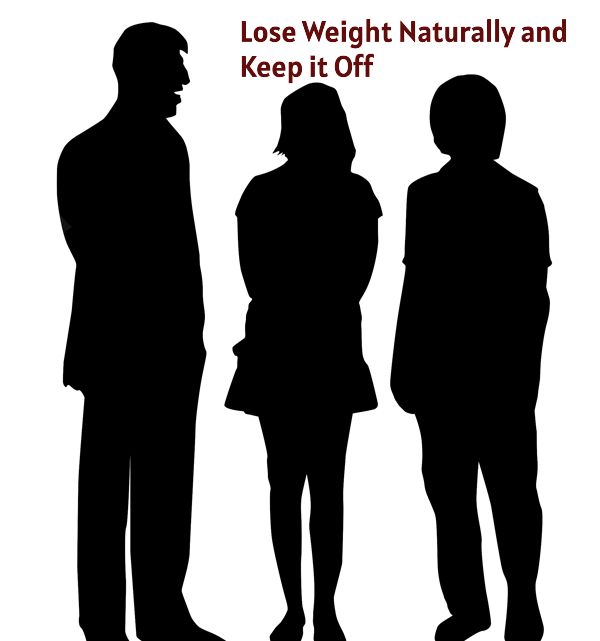Skip a Meal and this Happens
- Terri Edwards

- Jun 1, 2022
- 3 min read

Fasting has been done for ages
The practice of fasting, or intentionally not eating food or drinking caloric beverages, dates back millennia as people have practiced fasting in various cultures and religions.
Fasting typically ranges from one day, or 24 hours, to three weeks (1). Fasts that last longer than just a couple of days are best done under the care of a knowledgeable health care provider to avoid complications.
Some people practice fasting for spiritual purposes, such as dedicating the time used for preparing and consuming food to prayer.
No matter the reason for fasting, research shows that the simple practice of not eating has the power to affect our physical health.
For some, the thought of not eating for 24 hours or longer may seem challenging.
However, research shows that even a shorter fasting period can have physical benefits.
Intermittent fasting
Intermittent fasting occurs when we take a short break from eating and there are various types of intermittent fasts.
Alternate-Day Fasting is when we eat normally one day and the next we do not eat any food at all.
Time-Restricted Feeding occurs when we consume food each day within a period, like late morning through early evening, and then do not eat during the late evening through the late morning the next day.
Time-restricted feeding tends to be easier for people, as it can be an extension of the overnight fast while we sleep. So, if dinner the night before ended at 7 pm, and you refrain from eating until about 9 am the next day, you have fasted for 14 hours.
A twelve-hour fasting period can alter an individual’s biochemistry as it changes glycogen stores in the liver leading to changes in circadian rhythm, sleep patterns, and hormones like cortisol, insulin, leptin, ghrelin, sex hormones, and adiponectin (2).
Within the first 24 hours after beginning a fast, the body enters the postabsorptive phase as the food previously eaten is digested, absorbed, and stored. At his point, the body uses glucose produced from glycogen breakdown for its energy needs (3). This use of stored fat for energy aids weight loss efforts.
Benefits of Fasting
According to research, time-restricted feeding can be protective against a high-fat diet as it affects the rhythm of hormones, nutrients, and nerve inputs that affect metabolic responses in the body and improves the regulation of body weight by promoting increased fat oxidation and ketone production (4).
Time-restricted feeding also supports the gut microbiome enabling it to daily restore beneficial bacteria like Lactobacillus and Ruminococcacea that help protect against disease (4).
This type of fast can also help us to slow the aging process by increasing autophagy (5). Time-restricted feeding can extend healthspan and lifespan through activation of autophagy by increasing the expression of two genes, Atg1 and Atg8a (5).
Research shows that after 12-24 hours of fasting, serum glucose and glycogen stores of the liver decrease which encourage a metabolic shift in the body toward using fat-derived ketone bodies and free fatty acids for energy as the body makes use of its fat stores (1).
Intermittent fasting can optimize brain function as it encourages increases in brain-derived neurotrophic factor (BDNF) which stimulates the growth, maturation, and survival of new neurons (nerve cells) (1) (6).
In addition to these benefits, research shows that intermittent fasting increases the insulin sensitivity of muscle and liver cells which can improve blood sugar control, and reduces inflammation throughout the body which can be beneficial to those struggling with chronic inflammatory conditions like multiple sclerosis and ulcerative colitis (1).
The “How-To” of Time-Restricted Feeding
Extending the overnight fast while asleep and waiting until late morning or Noon to eat the first meal of the day can be easier for many people as the morning tends to be a busy time getting ready for the day. However, mornings may not work for you, so choose the time of day that works for your schedule.
The Basics:
Dinner completed (7 pm)
No food or caloric drink after dinner
Sleep
Upon waking, drink water only
First meal or caloric drink after 9 am if dinner the night before completed at 7 pm
Note: Longer fasts (16-18 hours between meals) can yield greater benefits
Who should NOT fast
Intermittent fasting may not be for those with pre-existing conditions like athletes in training, pregnant or breastfeeding women, or those with a history of eating disorders.
Individuals with these and other conditions should check with their health care providers before choosing to fast.




Comments